Doctrine of Subrogation: Meaning, Case Laws, and Provisions
Definition of the Doctrine of Subrogation
Subrogation occurs when one party, often after fulfilling the obligations of another, assumes the legal rights of the creditor against the debtor. This right can arise automatically by law or through the terms of a contract. The doctrine is most frequently encountered in insurance contracts, where the insurer, after compensating the insured, acquires the right to pursue any claims the insured may have had against third parties responsible for the loss. In essence, subrogation prevents unjust enrichment by ensuring that the party ultimately responsible for the loss bears the financial burden.
Importance of the Doctrine of Subrogation
The doctrine of subrogation is particularly significant in insurance and surety contracts. When a party pays a debt or fulfills an obligation on behalf of another, they are subrogated to the rights of the party they paid, allowing them to seek recovery from the party primarily responsible for the obligation. The term "subrogation" is derived from the Latin words "sub," meaning under, and "rogare," meaning to ask.
Morgan v. Seymore:
The court held that a surety who fulfills the obligations of the principal debtor is entitled to assume the rights of the creditor against the debtor. This principle, being an equitable right, arises naturally from the relationship between the surety and the creditor.
Provisions Under the Indian Contract Act, 1872
Section 140
This section discusses the right of subrogation, stating that when a surety has paid all that he is liable for, he assumes the rights of the creditor against the principal debtor. This right allows the surety to recover the amount paid by taking action against the debtor.
Section 141
This section outlines the surety’s right to benefit from any security that the creditor holds. In State of M.P. v. Kaluram, the Supreme Court clarified that the term "security" in Section 141 does not refer only to traditional collateral but includes all rights that the creditor had against the debtor’s property at the time of the contract.
Key Case Laws on Subrogation
State Bank of India v. Fravina Dyes:
The Bombay High Court held that a guarantor, by invoking the doctrine of subrogation, can seek a temporary injunction against the debtor if there is a threat that the debtor might dispose of his property with the intent to defraud creditors.
State of M.P. v. Kaluram:
The Supreme Court ruled that the term "security" under Section 141 includes all the rights a creditor has against the principal debtor’s property, expanding the scope of what can be claimed under subrogation.
Conclusion
In summary, the doctrine of subrogation plays a crucial role in ensuring fairness by allowing a party who has fulfilled another's obligations to step into their shoes and pursue any rights or remedies against third parties. This doctrine is especially significant in insurance and suretyship, where it prevents unjust enrichment and ensures that the party ultimately responsible for the loss is held accountable. The Indian Contract Act, 1872, through Sections 140 and 141, provides a solid legal foundation for subrogation, protecting the interests of sureties and insurers alike. When applying the doctrine of subrogation, it is essential to carefully consider the specifics of the loss, the rights of the insured, and the obligations of the party taking over the proceedings. The proper handling of subrogation claims ensures that justice is served without infringing on the rights of any involved party.
Share
Related Post
Tags
Archive
Popular & Recent Post







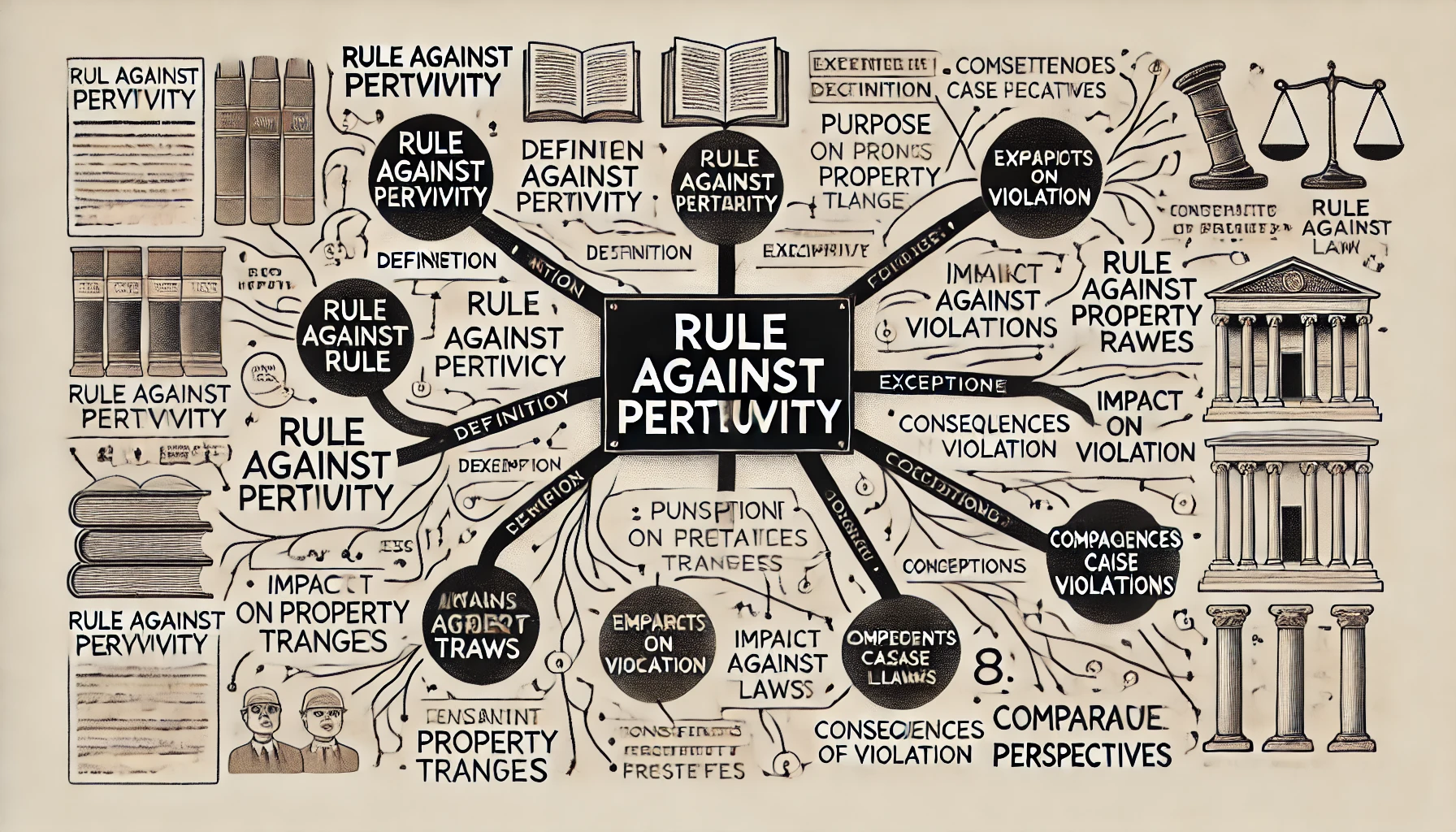
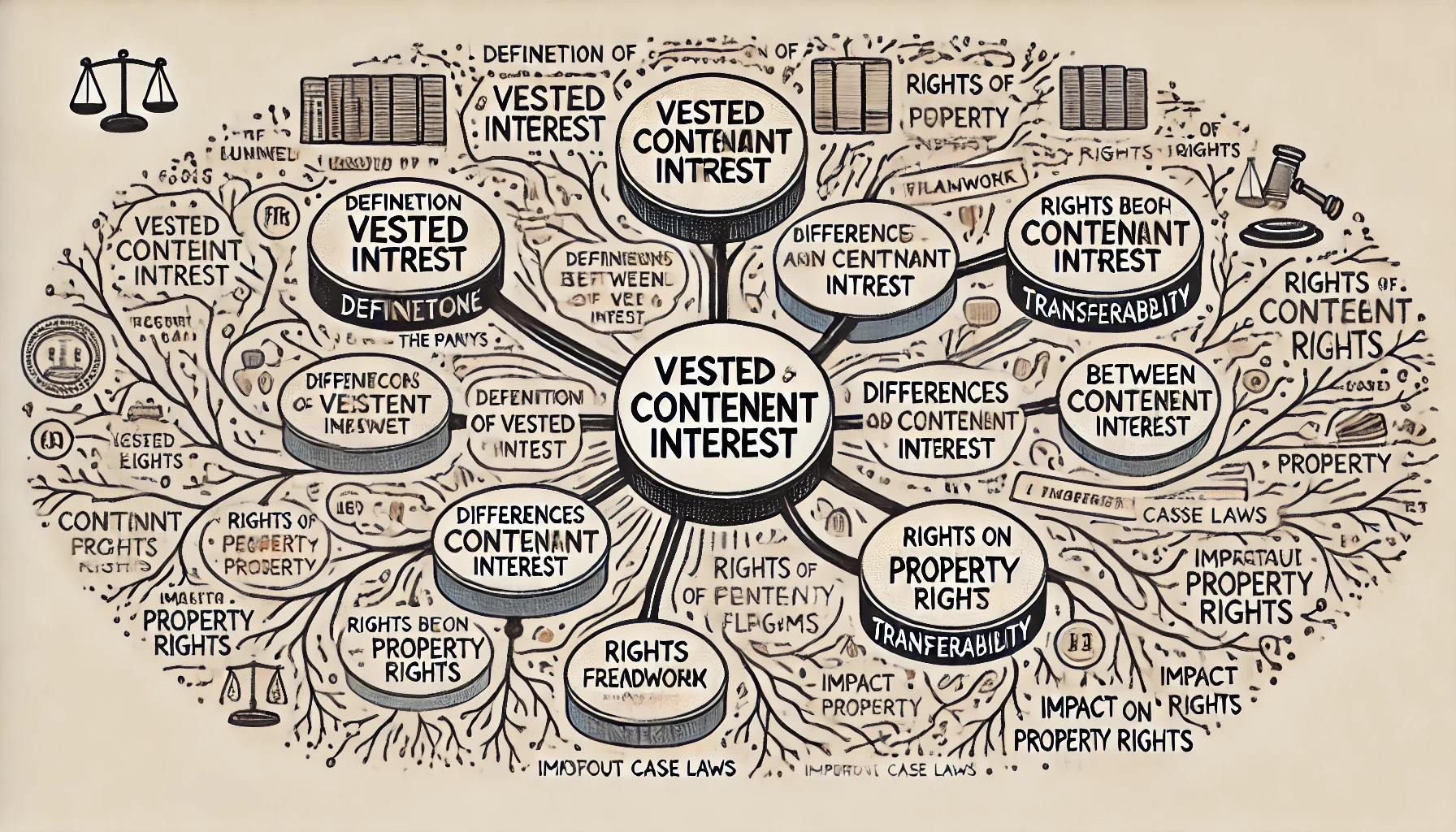

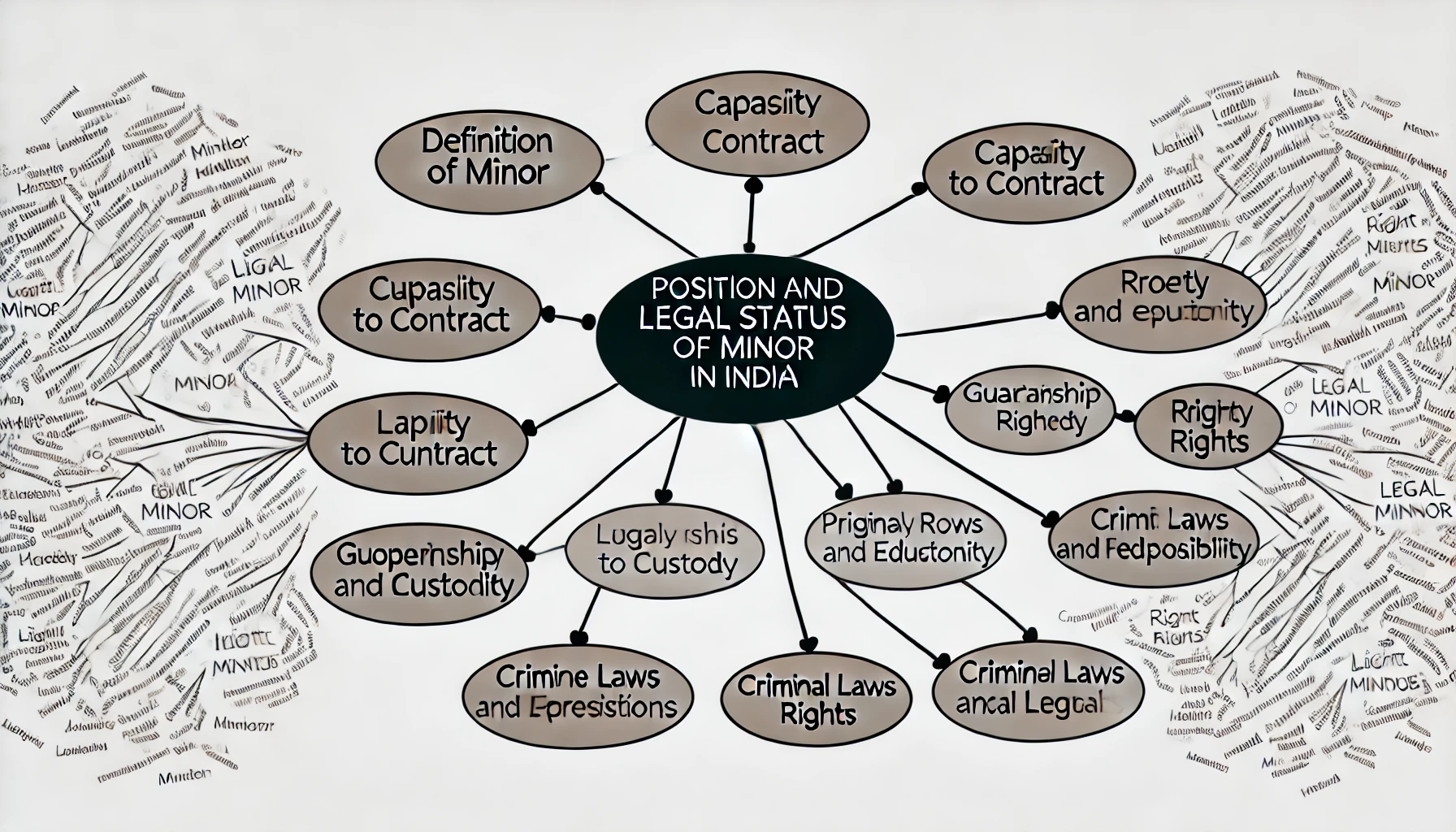
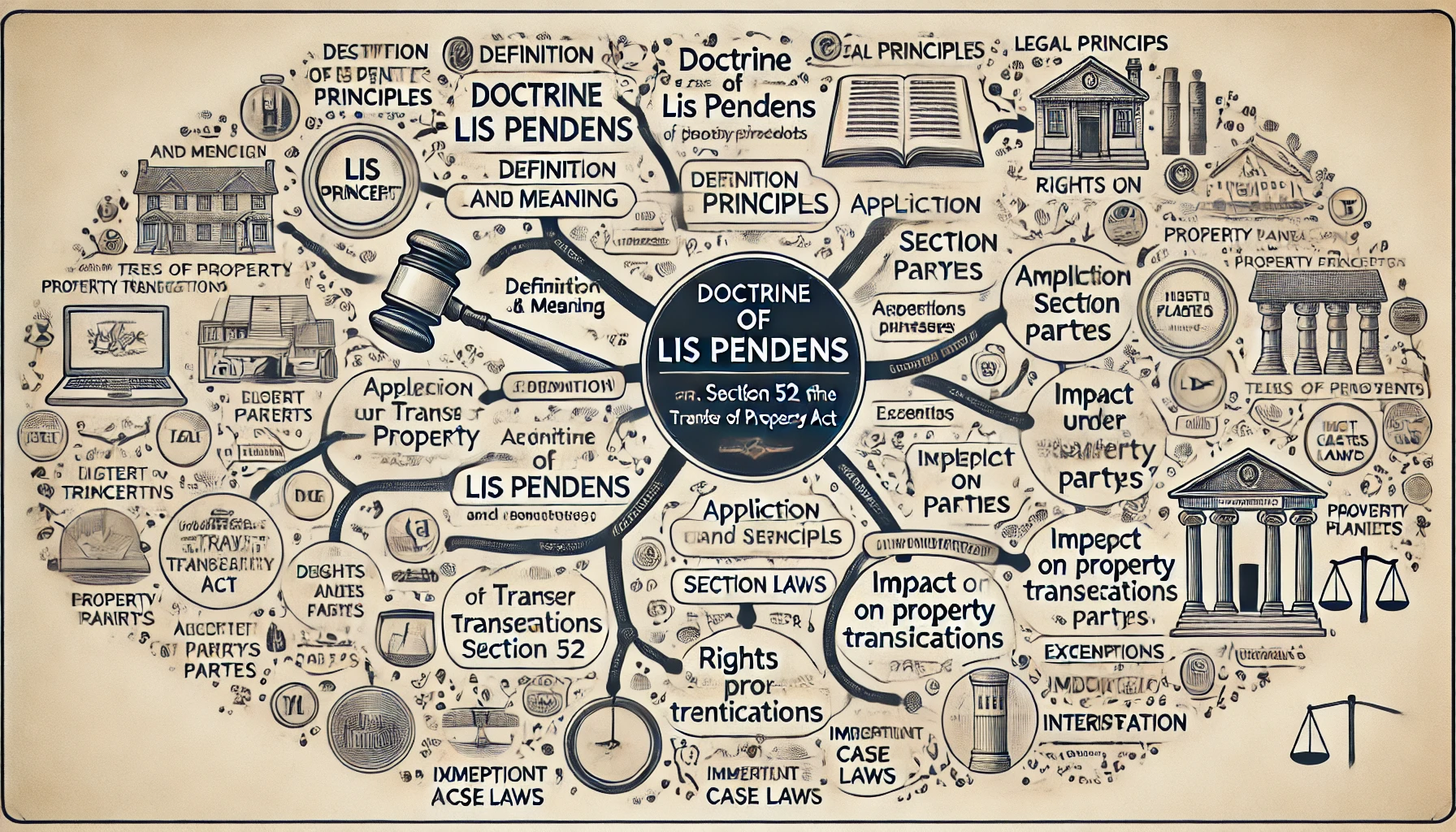
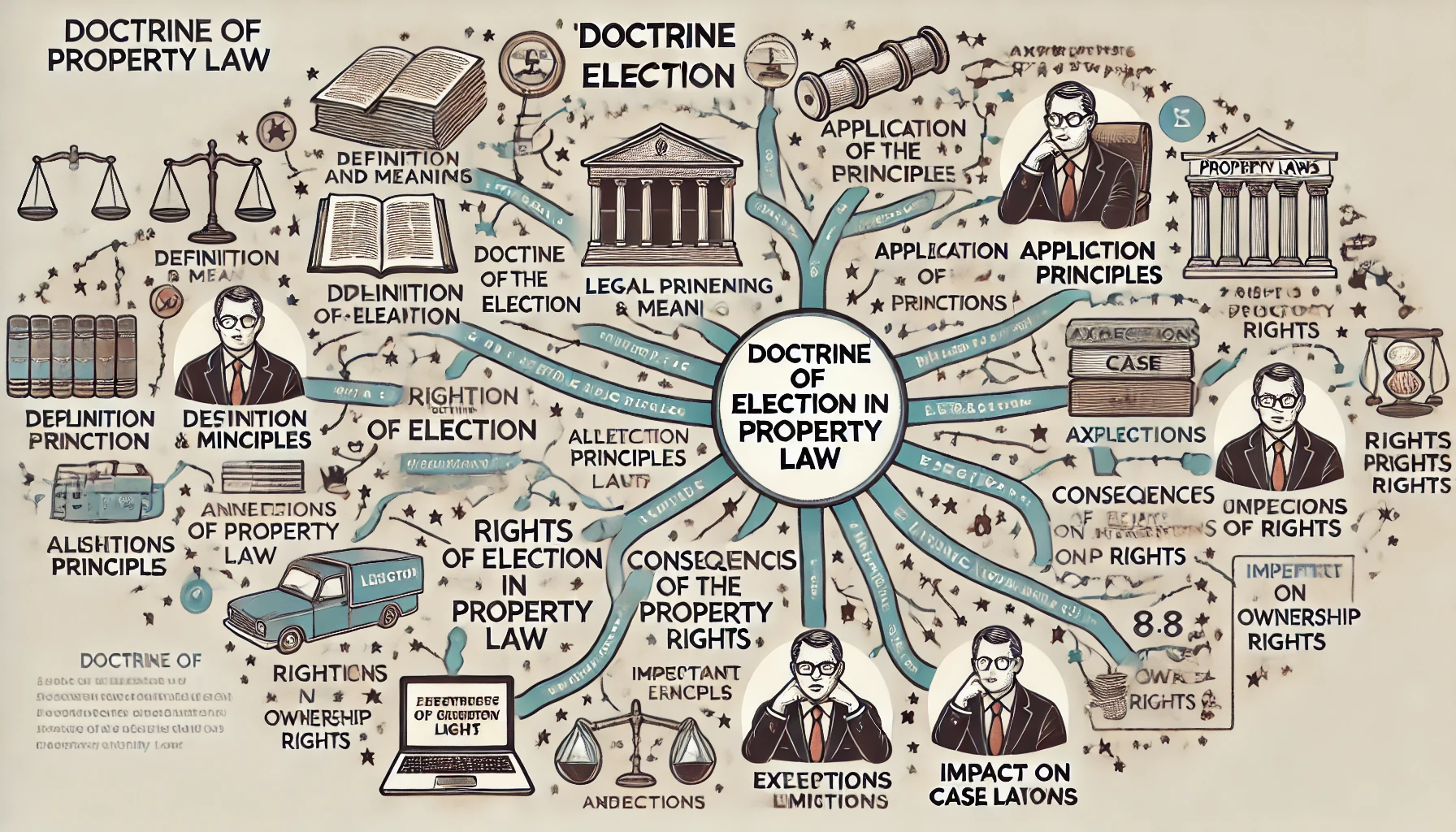

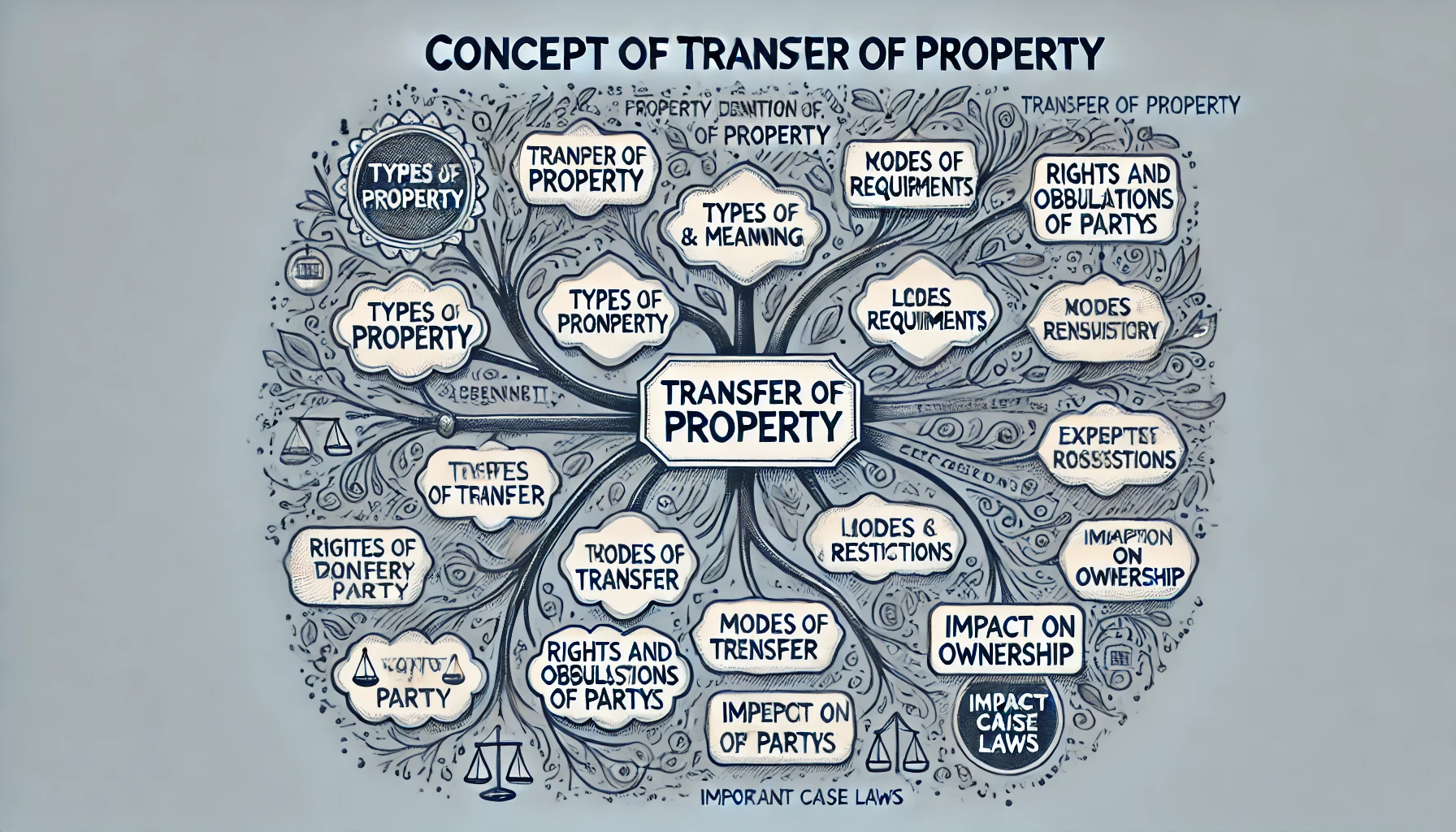



































































































Comment
Nothing for now